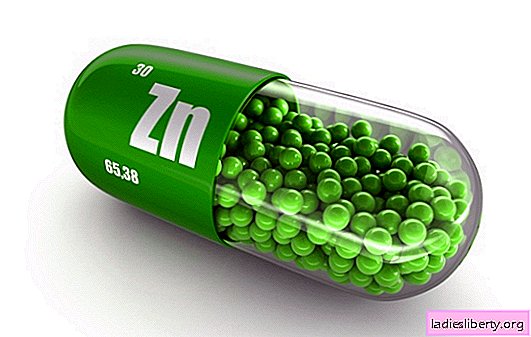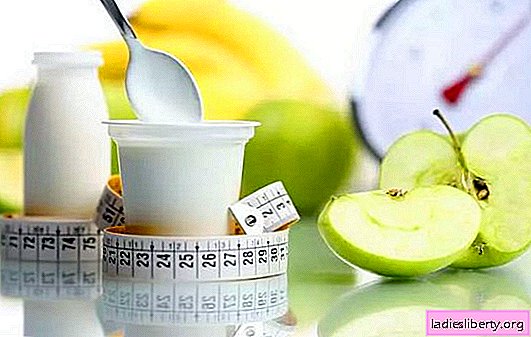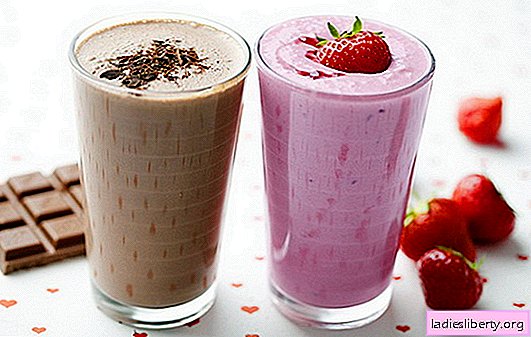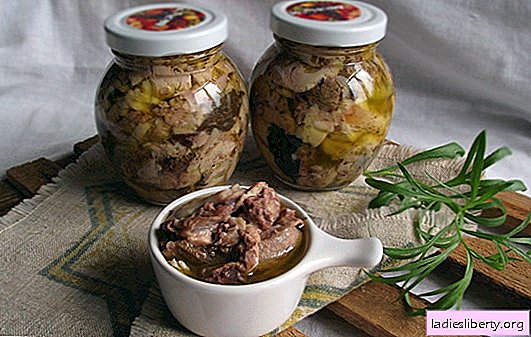
The use of eggs for a child has already been proven by experienced parents and pediatricians, they are needed for the full development, replenishment of the body with protein, phosphorus and iron.
When asking a pediatrician if eggs are possible for children, parents most often think only of a possible allergic reaction, but eating eggs in a child’s diet promotes bone growth and development.
To avoid allergy to the yolk, it must be administered in accordance with the recommendations of the pediatrician, in order to avoid salmonellosis.
Is it possible for children to decide eggs for each parent for their young child, but a positive answer is obvious.
Is it possible for children to eggs: early feeding
Most often, pediatricians are prescribed to inject a hard-boiled egg after 6 months, during this period the amount of protein in breast milk is reduced and it needs to be quickly replaced. You need to know in advance about possible allergic reactions before complementary foods, whether there were similar incidents in the family of the father and mother. The use of the product begins with a quarter of the yolk, mashed with a fork and mixed with baby puree, so that the consistency is easily digestible. If breastfeeding is over, the yolk can be mixed with the mixture and given before feeding.
It is important to know when it is best to take the product, it is advisable to do this in the morning to track the reaction for the day. During vaccination periods, it is better to refrain from introducing new products, including yolk.
If there is no reaction to stool and digestion, the child behaved well, you can subsequently increase the amount of yolk to half a day. It is necessary to monitor the presence of skin rashes and pains in the abdomen of a baby, colic. Thus, it is recommended to give the child the yolk in powdered form until the teeth appear, and then you can cook casseroles, omelets, cheesecakes, lazy dumplings, and more. An egg is introduced into the child’s diet to make up for the lack of animal proteins, if at first it’s just boiled eggs with mashed potatoes, then you can make different dishes, there would be only a flight of fancy and minimal culinary skills in cooking.
Nuances:
• Eggs must be hard-boiled if it is early feeding. To avoid salmonellosis, raw eggs and soft-boiled eggs should be excluded at an early age.
• Wash all eggs before cooking. This is done in order to eliminate the likelihood of the salmonella bacteria being in the shell, washing an egg with soap can avoid consequences such as nausea, vomiting, and diarrhea.
• The first lure should be no more than once a week, as the baby grows, the doses of complementary foods increase. Children over 3 years old are already allowed daily intake of yolk in the diet.
• It is not recommended to store the product in the refrigerator for a long time, as its useful qualities are lost.
Is it possible for children to eggs: which ones
Most mothers unanimously say that the use of eggs is useful and recommended by the pediatrician, as the egg yolk contains a large amount of nutrients and trace elements, so necessary for the growing body. This contributes to mental development, increase physical and motor activity. It is important for a child over 1 year old to be interested in food, coming up with an interesting dish design on a plate.
Doctors recommend introducing a product into the child’s diet from six months of age, after checking the reaction to allergies first. Now you should decide what types of eggs are best to deal with, most often it is chicken and quail. The most common version of eggs for children is chicken, they are the cheapest and most affordable.
Quail and guinea fowl eggs, which are not available everywhere, will cost more. Chicken eggs have their drawbacks - high cholesterol, the frequent development of allergies or salmonella infection. Quail eggs have more vitamins and less cholesterol, they are more useful for children with eye diseases.
Very rarely you can find guinea fowl eggs in stores, which are on a par with quail, are also better than chicken. Is it possible for children to have guinea fowl eggs? The unequivocal answer is yes, they are rich in iron and amino acids, have antibacterial effects on the child’s body, and there are practically no cases of allergies and salmonellosis.
Ostrich eggs are an impractical purchase option, due to the weight of a little more than a kilogram. By usefulness, they are close to chicken, as they contain more cholesterol than in quail and caesar.
Is it possible for children to have eggs - possible bad consequences
Despite the many advantages listed about eating eggs, you need to mention which can warn of dangers.
1. First and foremost, it can be dangerous. allergy on the yolk of a chicken egg, but the most interesting thing is that they try to introduce it into complementary foods with the latest after meat and vegetables. The allergic reaction itself occurs precisely on animal protein, posing a danger to the infant. If we compare the protein and egg yolk, then the first will be a stronger reaction of the body.
If, after the first intake of the yolk, a small rash appears or go on a loose stool, you can talk about intolerance to the product, which must be excluded from the diet until a certain time. It’s difficult to perfectly separate the yolk from the protein when cooking, crumbs can get in, so it is best for allergy sufferers to completely exclude the product from the diet. It happens that a child develops an allergic reaction to eggs only at a young age, and going through the stages of 8-10 years, the allergy disappears. It is best to switch to a hypoallergenic type of eggs - these are quail.
2. The presence in eggs, especially chicken, high cholesterol, they are in large quantities forbidden to use even by adults. It is known that one third of the yolk consists of cholesterol, it is not recommended to use it for children and adults with diseases of the cardiovascular system, cholecystitis, pancreatitis, etc. Despite the fact that you can not eat a large number of eggs, it is better to eat them boiled than baking or soft-boiled. A sufficient number of eggs for a child of 7-8 years old is two three eggs a week.
3. Salmonellosis - a parasitic infection, most often it can be infected from eggs of domestic chickens that do not undergo special treatment, as in stores. But the main requirement before use is to cook them for 7-8 minutes, sometimes 10, to kill the salmonella germs. Heat treatment is definitely necessary, it is not recommended to use raw eggs to anyone. You can even replace a raw egg or soft-boiled egg with a fried one.











